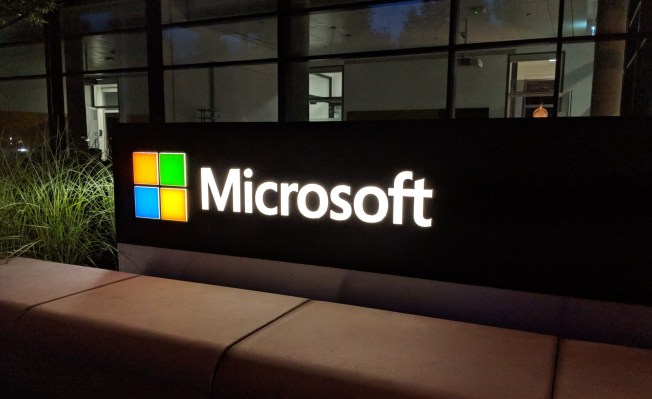It’s time for the next version of SQL Server, Microsoft’s flagship database product. The company today announced the first public preview of SQL Server 2019 and while yet another update to a proprietary database may not seem all that exciting at first glance, Microsoft is trying to do a few rather interesting things with this update.
What’s at the core of all of the most interesting updates is an acknowledgement that there are very few companies that only use a single database product. So what Microsoft is doing with SQL Server is adding new connectors that allow business to use SQL Server to query other databases, including those of Oracle, Teradata and MongoDB. This turns SQL Server into something of a virtual integration layer — yet the data never needs to be replicated or moved to SQL Server.
But there is more! SQL Server 2019 will come with built-in support for Spark and the Hadoop File System. That’s an acknowledgement of the popularity of these open-source tools, as well as the importance of big data workloads that SQL Server, if it wants to say relevant, has to be able to support, too, and it has to do so in a way that many companies are already familiar with.
There’s another open source aspect here, too: SQL Server will support these big data clusters with the help of the Google-incubated Kubernetes container orchestration system. Every cluster will include SQL Server, the Hadoop file system and Spark.
As for the name, it’s worth noting that many pundits expected a “SQL Server 2018,” but Microsoft opted to skip a year after SQL Server 2016 and 2017. So SQL Server 2019 it is.

